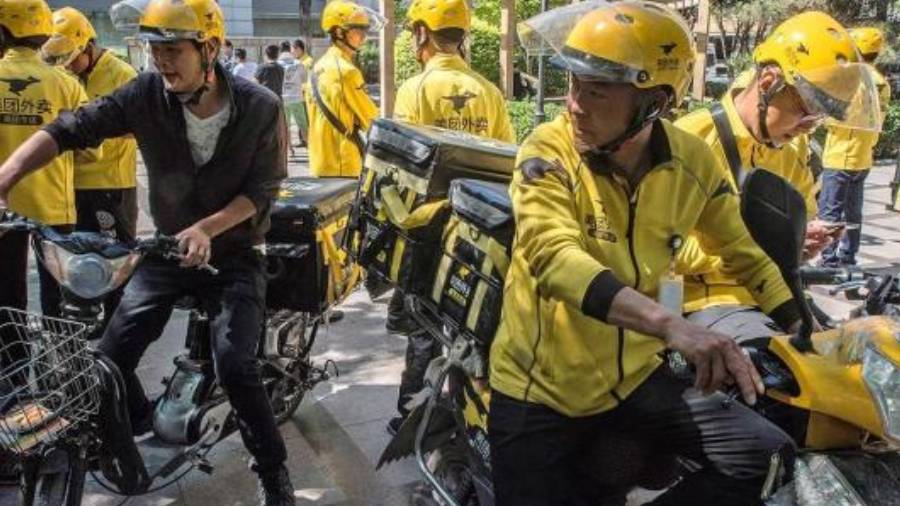When the official newspaper gives space to negative news, you can be sure that the problem is far more serious than is being reported. The China Daily recently reported that labour laws needed to be amended to incorporate gig workers, who now numbered 84 million out of a workforce of 402 million. Their work involved, the report highlighted, grueling work hours and inadequate social security coverage. Citing these findings of a survey conducted by the country’s official trade union, the paper quoted its spokesperson as lamenting that these workers were underpaid and struggled to protect their rights.
One would have expected the union to have been proactive in protecting their rights. Yet, whatever victories gig workers have won have been through their own efforts, through strikes or lawsuits. The case of the food delivery worker, Huang (name changed), is an example. Huang ‘disappeared’ two years back; his widow won her case in February this year. In May 2021, Huang’s company took its workers on a ‘team building’ trip but didn’t tell them that it involved mountain climbing. The 27-year-old found he didn’t have proper shoes for the exercise and conveyed this in a social media chat to his teammates, while also informing them that his phone battery was low. But they did nothing, even though that was his last message. It was only after his wife, worried that he hadn’t returned, contacted the local delivery unit where he worked, that the search for him began. By then, it was too late.
The company’s manager refused to meet Huang’s widow to discuss compensation, and the delivery unit shrugged off all responsibility, saying that he was not their employee for he had signed an ‘agreement’ when he joined that declared him to be self-employed. Huang’s widow, who had an eight-month-old to look after, took her plea to the labour arbitration office, which ruled that a labour-employer relationship did exist. Like in India, the company preferred to spend on litigation rather than pay their workers; it appealed in court. In February, the court upheld the ruling, criticising the company for its ‘agreements’ which hid the illegal purpose of evading responsibility.
Strangely, in the city where Huang worked, his company had a union of food delivery workers. Yet, he was not part of it. In fact, the union wasn’t even aware of his case. Even after being informed of it, it took no action. Was that because of the ‘agreement’ that Huang had signed? If so, wasn’t it the union’s job to get the company to stop forcing such agreements on new recruits? In its survey, the official trade union cites an unbelievable figure of just 23% gig workers not covered by any social security programme. Are the remaining 77% actually protected or, as the case of Huang shows, do these unions exist only on paper?
But why blame the union (even if it is the official one), when the authorities themselves see nothing wrong in ‘self-employment’ agreements? In December last year, the labour department succeeded in getting a courier his dues from the company that had not paid him. But the courier had also complained of having been forced to register as self-employed when he joined; he wanted the authorities to put an end to this practice. Instead of doing so, the labour department chided the courier for filing a false complaint. The company had signed a contract with another outfit to hire workers, hence it was not responsible for the wage arrears, said the department, In this case too, the city boasts of a union of couriers. But, in this communist country, they are of no help to workers.











